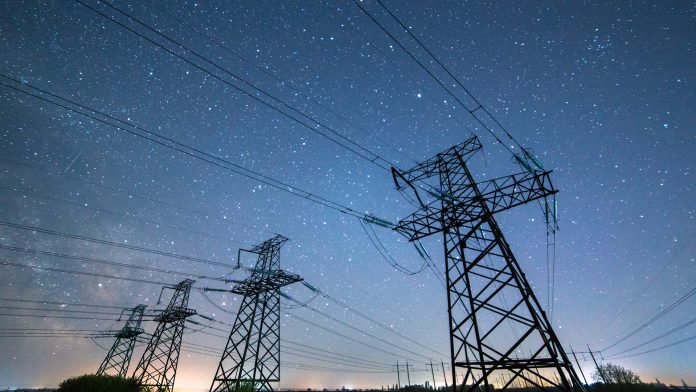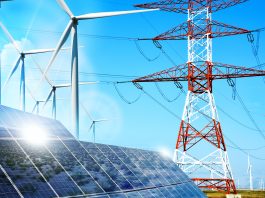The U.S. Department of Energy (DOE) has unveiled its latest plans to ramp up the deployment of advanced technologies for the US power grid.
The DOE’s latest report, ‘Pathways to Commercial Liftoff: Innovative Grid Deployment‘, highlights the potential of commercially available advanced solutions for the US power grid to enhance capacity, reliability, and affordability in alignment with national energy goals.
The report, which marks the tenth edition of the Liftoff series, initially launched in March 2023, emphasises the immediate availability of multiple advanced grid solutions.
These solutions encompass a range of technologies, from advanced conductors to dynamic line rating and energy storage.
They address pressing grid challenges such as rapid demand growth and reliability concerns. Additionally, the report identifies system automation and situational awareness solutions as critical components.
Jennifer Granholm, US Secretary of Energy, commented: “The majority of the nation’s transmission and distribution lines are drastically overdue for an upgrade, which is why President Biden’s Investing in America agenda is so critical to bring the grid up to date.
“DOE’s new Innovative Grid Deployment Liftoff report outlines the existing tools that can be deployed in less than five years to modernise the nation’s power sector, making it more secure and reliable to deliver cheaper, cleaner power to American consumers.”
Unlocking untapped US power grid potential
The deployment of these technologies holds the potential to significantly boost the capacity of the existing US power grid.
By individually supporting 20–100 GW of additional peak demand, these solutions address the projected growth estimated by the North American Electric Reliability Corporation (NERC). Moreover, they promise to elevate system reliability, resilience, and affordability.
Cost-effectiveness and expedited deployment
The report underscores the economic and rapid deployment potential of advanced grid solutions.
These solutions are notably less expensive than conventional alternatives and leverage existing infrastructure, making them economically viable and quick to implement.
The report outlines a feasible lift off timeline, estimating it could occur within three to five years. This timeline relies on the comprehensive integration of advanced solutions into core US power grid investment, planning, and operations by utilities and regulators.
Additionally, pursuing several large operational deployments across various utility settings can mitigate adoption risks and establish repeatable operational and investment models.
Aligning with national energy goals
The deployment of advanced grid solutions aligns closely with the US’ goal of achieving a net-zero emissions economy by 2050.
By bolstering US power grid capacity, reliability, and affordability, these solutions contribute to the transition toward sustainable energy systems.
The Pathways to Commercial Liftoff report outlines the transformative potential of advanced grid solutions.
With their immediate availability, capacity-boosting capabilities, and cost-effectiveness, these solutions offer a pathway to a more resilient, reliable, and sustainable energy future.
By embracing these innovations, utilities and regulators can accelerate the transition toward a net-zero emissions economy while meeting the evolving needs of consumers.









